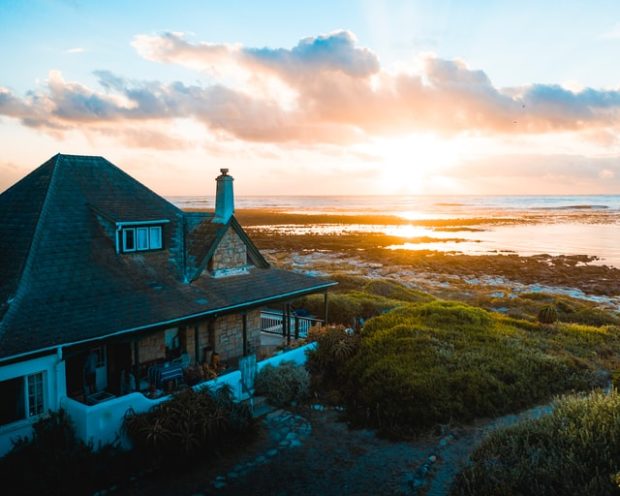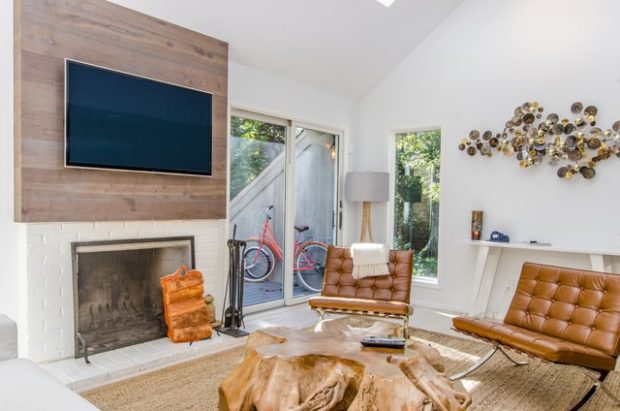Having a vacation home abroad can be quite appealing, especially if you’re to consider the benefits you’ll get from it. You can have a place where you can stay each time you visit your favorite country. Also, in the long run, your travel expenses will also lessen since you already have one less thing to spend for: the accommodation. Additionally, a vacation home in a beautiful place can also serve as some sort of a retirement plan when the time comes that you decide to finally enjoy the fruit of your hard work.
Those are just some of the reasons why you’re looking into buying a second home somewhere. It’s actually a great idea that can reap you some benefits at the end of the day. That is if you’re able to do the whole process in the smartest and most efficient way that you can.

How To Buy A Vacation Home Abroad
If you don’t have any experience yet with how international real estate purchases work, it can be quite complex and intimidating. Depending on which country the property is located in, there’ll be certain laws and legalities that you need to know first. If that country allows foreigners to purchase lands and properties, there may be special permits or registrations with the local government that you need to take care of first before you can be allowed to push through with the transaction.
To help you understand more about purchasing a vacation home in other countries, take a look at these tips below:
1. Decide On An Ideal Location
You may already have a few locations in mind when thinking about a vacation home abroad. But, then, it might make it easier for you to decide if you can narrow down your list so you can choose more easily. You can do extensive research on some of the best countries where vacation homes are quite popular. If you already have a particular location in mind, much better.
One good idea is to look for different homes and properties that are up for sale in different areas. That way, you can get a feel of what type of setting you really want. Websites like The Property Daily offer comprehensive listings of properties in several places. It might help to visit websites like this to know if, for instance, you’re looking for a vacation home by the beach, in the heart of a busy city, or near the mountains.
2. Determine How You’re Paying For The Purchase
Another factor to look into is how you’ll be financing the property. If you’re planning to get a foreign mortgage, that could potentially cost higher in terms of interest. You may also be required to shell out a higher down payment for the loan. In some instances, foreign buyers are required to also buy a foreign life insurance to serve as a guarantee that the loan can still be paid off even if something unfortunate happens to you.
If you want to skip through all these hassles and long processes, you can opt to pay for the property in cold cash if you have enough savings for it. Although that could make quite a dent in your bank account, the property could cost less if you’re to pay for it in cash.
3. Hire A Real Estate Attorney
The best professional that can help you with the legalities of purchasing foreign real estate would be a real estate attorney. A lawyer can also best explain the policies for foreign investment in any particular country or location. You can hire a local lawyer in that area to help you in navigating their laws and regulations pertaining to real estate ownership.
Likewise, you should also consider getting the services of a lawyer from your own country so you can get a different perspective.
Both lawyers should be able to guide you through the legal and proper execution of international transactions.
4. Look Into Property Taxes
Aside from the cost of your purchase, you also need to think about property tax that may be imposed on your newly acquired home. There are countries that won’t impose property taxes, but that still depends on local municipalities where the property you’re looking into is located. Countries like Colombia and Panama require property taxes to be paid quarterly, while there are those that exempt certain properties from taxes to incentivize investment, just like Panama.
Conclusion
There are several considerations to make when buying a property in another country. While the process may be quite taxing, it’s possible to still make it out of the transaction with a smile on your face. As long as you know which professionals to speak to, it can greatly help in assuring that your investment could be well worth the hassle and stress.
After choosing an ideal location, you can consider hiring a real estate attorney to help you out. Then, decide how you want to finance the investment, and, lastly, don’t forget to factor in property taxes that may be imposed on your purchase.














